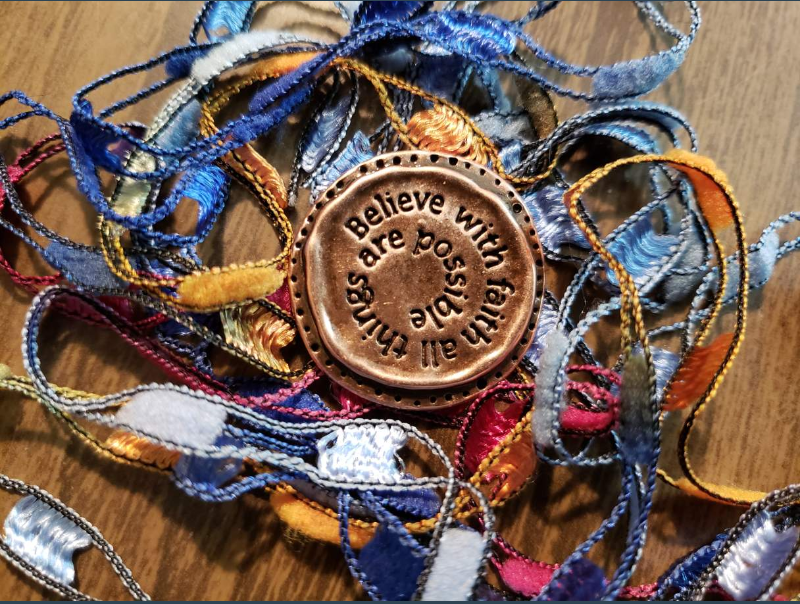Today is February 1st, the traditional start of Black History Month. It would be good to remember, as Congressional Representative Hakeem Jeffries of NY’s 8th District tweeted this morning: “We’ve been here since 1619. Every month is Black History Month.”

I grew up in NYC in the 70s, at what seemed to be the height of bussing as well as a prominent Back to Africa movement. I didn’t understand why my Black friends didn’t live near me. One of them, Robert, moved with his family to Africa, although I don’t know if that was related to his father’s job or if they decided to “return” (I don’t know the proper term and I apologize for that).
In school, we learned about Harriet Tubman, Booker T. Washington, George Washington Carver, and of course Rosa Parks and Martin Luther King, Jr, but not nearly enough. No Medgar Evers, no Emmett Till; at least not that I remember. Thurgood Marshall, of course; he was currently on the Supreme Court at that time. As historic as their lives were, many were left out.
Malcolm X, for example was deemed too militant. It wasn’t until last year when I read his autobiography that I saw how little difference there was between him and the mainstream civil rights movement. Of course, no one agrees with anyone one hundred percent of the time, but students in school should be given all the information and use critical thinking skills to form their own opinions.
I can’t possibly make up for the lack of Black history within American history. As a country we can absolutely begin to try, and I do try in my small space of the internet. Since I am not part of the Black community, I try to draw on Black voices and offer links and some information to get you started.
What I had planned for today was postponed by another tweet I saw this morning; that of March for Our Lives activist, David Hogg who asked if anyone had the link to W.E.B. Du Bois PhD thesis on the history of slavery and abolition in the US, and so with the assistance of David Hogg and Carl Fonticella (who provided the link), I am sharing that to get us started.
W.E.B. Du Bois’ The Suppression of the African Slave Trade to the United States of America, 1638-1870, originally published March, 1896.
Relatedly, the 1619 Project would be important reading as well. The pdf is provided through this link from The Pulitzer Center and begins with an introduction from New York Times journalist, Nikole Hannah-Jones, who provided the idea for the project.
